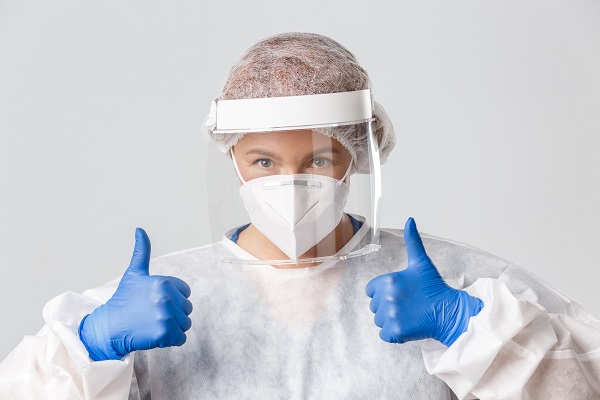Personal protective equipment (PPE) might feel like quite a new term for most people, but PPE is simply any equipment that a keeps people safe from harm. Most commonly, it refers to specific items that businesses provide to their employees to keep them safe at work.
Not supplying your employees with the right equipment can have a negative impact on the running of your business. Whether it infringes employee rights, reduces productivity or outright puts employees at risk, inadequate PPE can cost your business money, time and even have your company shut down.
We run through the top ways inadequate PPE can harm your business.
Employee rights
Every business has a duty to keep their employees safe while at work. Of course, every industry will have different requirements, but all employees should expect a decent level of health and safety training and be provided with the appropriate PPE for the job they are employed to do. PPE is not an area you should cut corners in. Make sure that you invest in high-quality equipment such as safety goggles, overalls, hard hats and so on.
You can check which PPE your industry needs against the regulations set out by Health and Safety England.
Staff productivity
As we all know, a happy workforce is a productive workforce. Providing adequate PPE to your staff will help them get on with the job at hand, without worrying for their own safety. Therefore, PPE can be productivity boosting.
Giving your employees peace of mind can boost their performance and lead to better overall company performance. Get your staff the correct PPE right from the start will avoid restricting productivity and negatively impacting your business.
Job satisfaction
When employees feel safe and valued, they are more likely to perform better and help your business grow. Providing the proper personal protective equipment is a small way in which you can show you care for your staff’s welfare.
If workers feel unsafe at work, they are more likely to take time off or look for other employment. High levels of absenteeism and staff turnover will have financial impacts for your business in the long run.
Legal regulations
Under UK health and safety law and regulations, businesses must make every precaution to keep their employees safe. You are also legally required to have liability insurance to protect your business should you be prosecuted for negligence.
If you have been found negligent in your health and safety practices and an employee injures themselves in the line of duty, you could be liable for huge compensation payments. Having inadequate PPE for your staff will likely result in injury and impact your business negatively.
How can you ensure your employees have access to adequate PPE?
The importance of sufficient PPE can’t be overstated, but it also needs to be implemented effectively. Firstly, those in charge of PPE procurement must ensure that the equipment is going to fit the needs of their employees and colleagues. A one-size-fits-all approach is likely to leave some employees without proper safety equipment, so considering the quantities of specific sizes needed for your business will eliminate waste and offer protection to everyone.
Procurement also needs to happen consistently and proactively, especially in industries like chemical and healthcare, where there is a real threat to health and wellbeing. Stockpiles should be built up and maintained to avoid catastrophe, should anything happen to your supply chains.
Lastly, employees may not always know the importance of certain kinds of PPE, so carrying out regular training is essential to drive understanding and collaboration between employers and employees. The workplace is a better environment when safety and personal protection are at the forefront of proceedings.






Leave A Comment